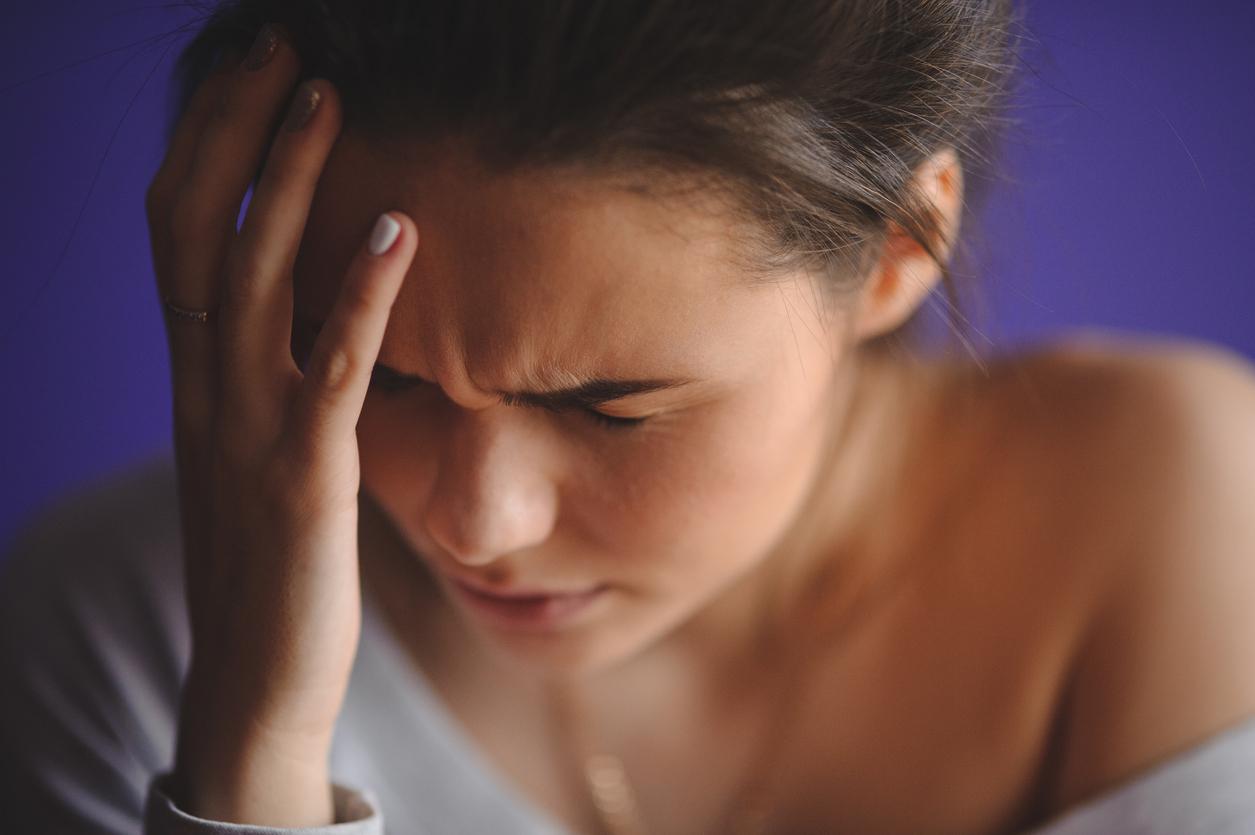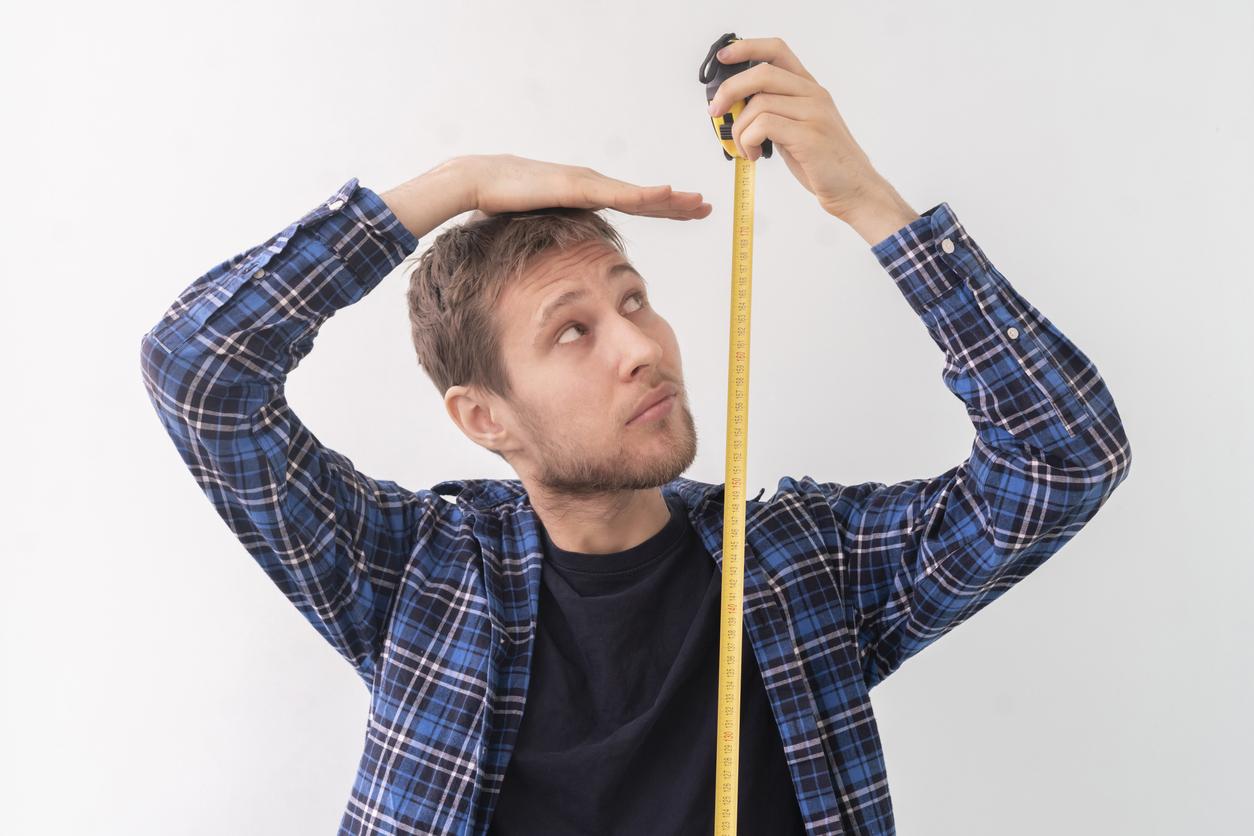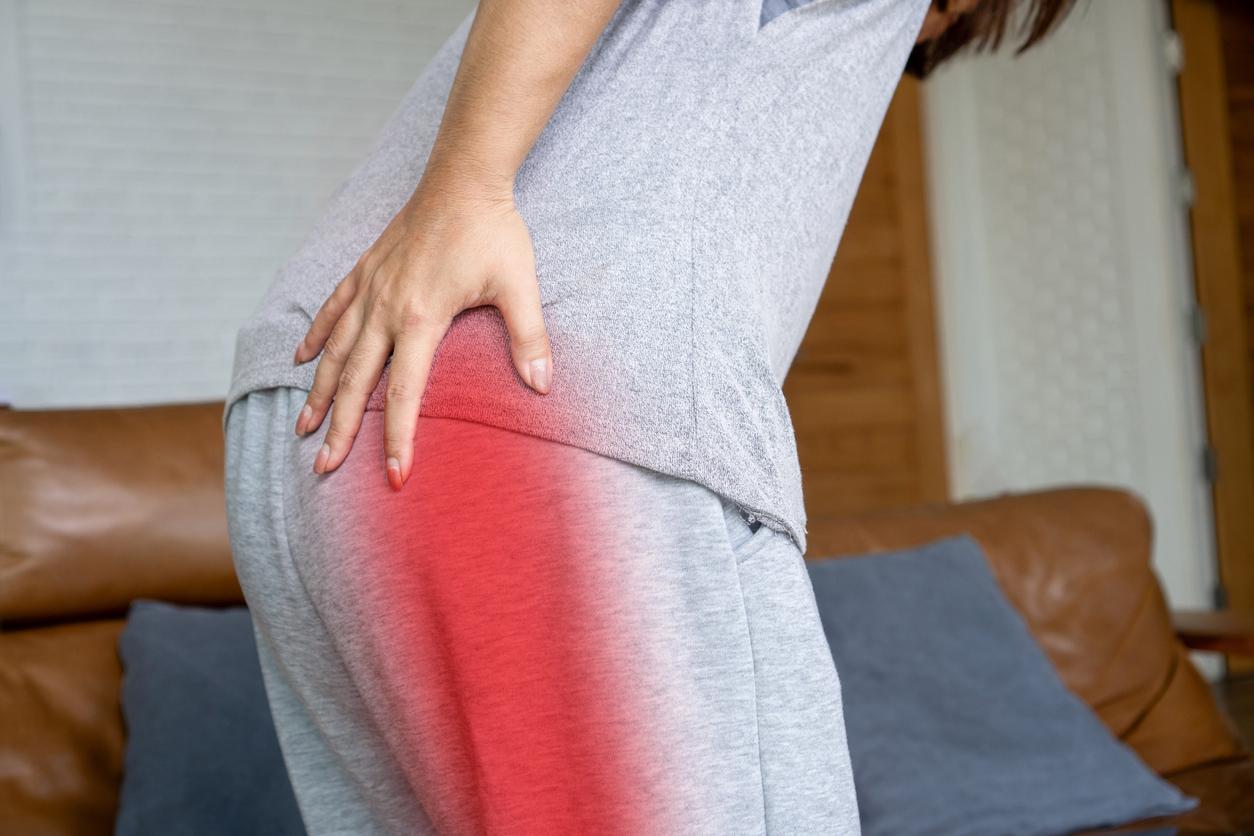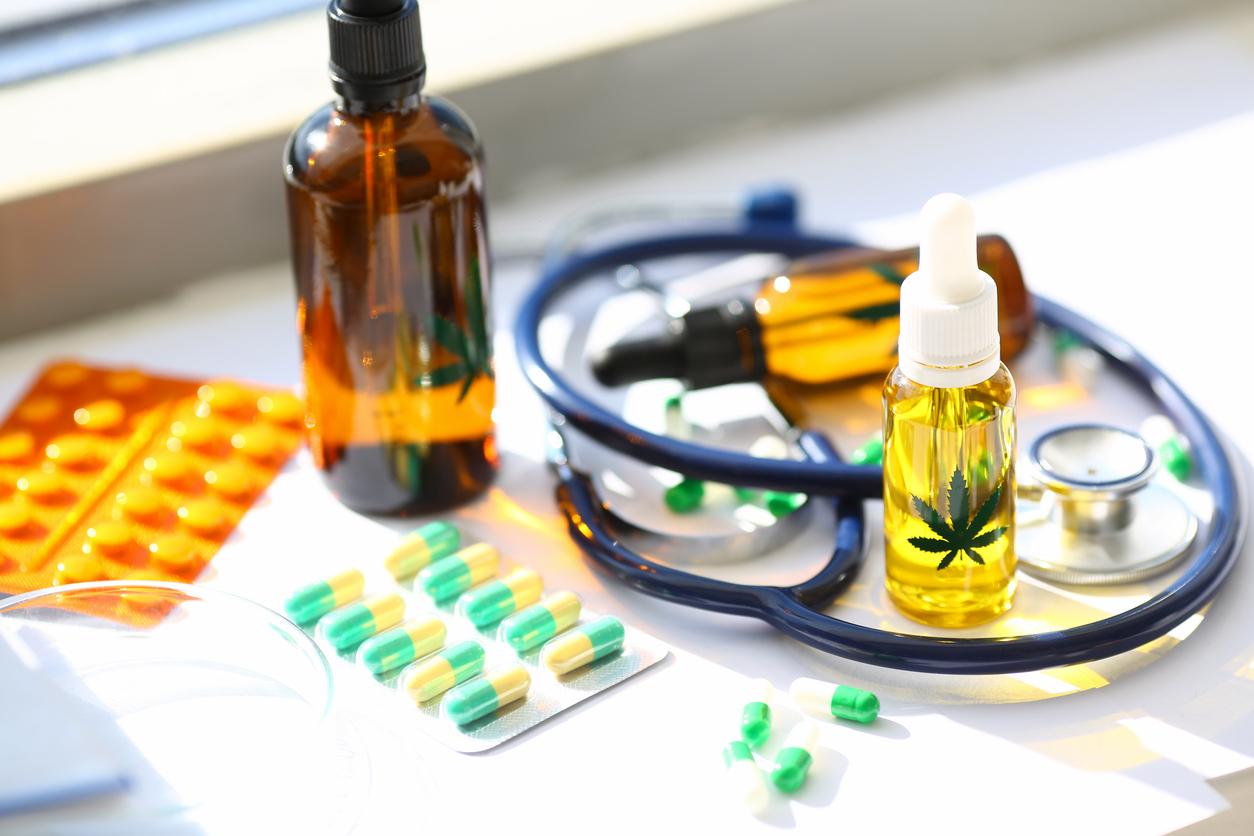
Vaginal dryness is part of aging. True? New! As long as you have a varied and exciting sex life, you don’t have to suffer from anything.
Vaginal dryness is a frequently mentioned complaint at the sex therapist. Nevertheless, research shows that, despite the decrease in the amount of estrogen, women can in principle also become just as excited and moist after the menopause as before.
What’s the secret?
“A varied and exciting sex life,” says sexologist Henriette Schoones. “If you have that, you won’t experience vaginal dryness and pain when having sex. Sexual arousal has a lot to do with the tension of the moment: what exactly is going to happen, will you eventually have intercourse or not? One time you give each other an erotic massage, the next time you use a toy, another time you spoil each other orally.”
When will it go wrong?
Schoones: “The sexual problems often arise when couples have an action-oriented repertoire and the lovemaking is predictable. They have had a short foreplay for fifteen years, do the deed and that’s it.” Which often results in pain from vaginal dryness. “Women think they are not functioning sexually and feel inadequate towards their partner. It also becomes insecure. He often doesn’t know what he’s doing right anymore and sometimes can’t keep the excitement. That is why I sometimes prohibit couples: no intercourse, make love in other ways.” It might help to try something different if you’ve been together for a long time. “But you have to talk about it with each other, don’t think: she must be this or he must think that. Ask each other what you want, what you like. How could it be more fun?”
Vicious circle
What you should never do is make love to please the other person, says Henriette Schoones. “That is often the beginning of a vicious circle. Because you don’t make love out of your own sex drive and sexual fantasies, you become less aroused and moist. If you still have intercourse, the entrance to the vagina will become irritated. That often gives a stabbing, burning pain.” The next time you look forward to making love. “Making love goes hand in hand with fear of pain. That fear can lead to a tense pelvic floor, which in turn causes pain. As a result, you no longer get aroused at all and the vagina becomes even drier.”
To prevent things from getting worse, you need to ask yourself what is causing the problems. Do I still like my sexual relationship? Do I get excited enough when having sex? Am I still happy with my relationship at all?
Sometimes medications such as antidepressants, diuretics, and remedies for allergies and colds can be the cause, as can smoking, and chronic illnesses such as diabetes, kidney disease, and autoimmune disorders. Even under stress, the body produces less fluid. Henriette Schoones: “Only when you know what causes the vaginal dryness, you can work on the solution.”
Tools
A lubricant can break the vicious circle, Schoones believes. “It can enrich your sex life and make it more exciting. In the woman, the clitoris can be stimulated with it. And for a man it is very exciting when you stimulate his penis with a lubricant. That makes the incentive stronger.” Lubricants can also temporarily resolve vaginal dryness. There are also homeopathic remedies available that can help.
That a lubricant is part of sex problems is an old-fashioned idea, emphasizes the sexologist. “And it’s not like: a jar of lubricant and that’s it. It must be cleared up that as a woman you fall short if you suffer from vaginal dryness during sex and use a lubricant. That vaginal dryness is a common problem: it is often due to the interaction during intercourse. If you keep the motor running with a creative sex life, the vagina will naturally remain well-perfused and firm.” The best protection against vaginal dryness is therefore having fun sex. Henriette Schoones: “A famous saying of sexologists is: When you don’t use it, you lose it.”
Exercises against dryness
Besides regular sex, training the pelvic floor muscles also has beneficial effects on the health of the vagina. By training these muscles on a daily basis, you keep the vagina well-perfused, firm and moist. Well-trained muscles also give sex an extra dimension, says sexologist Henriette Schoones. “By doing regular pelvic floor exercises, women can experience more intense orgasms. But the man also gets extra stimulation during intercourse when the woman squeezes the penis with the pelvic floor muscles.”
Training the pelvic floor muscles has even more health benefits. These muscles support all organs in the pelvis: from the bladder to the uterus. Henriette Schoones: “With strong muscles you prevent the support in the pelvis from disappearing and the bladder or uterus from sagging. By regularly doing Kegel exercises (named after gynecologist Arnold Kegel, ed.), you can prevent or remedy incontinence.”
One of the exercises is to tighten and relax the muscles. The pelvic floor muscles are the muscles you also use to interrupt the pee stream. You can give it a try to discover the muscles, but don’t do this as a daily workout as it can cause urinary tract infections. Did you find them? Then slowly tighten the pelvic floor muscles without tightening the glutes, because that is counterproductive. Hold them for a count of ten and relax again for a count of ten. Repeat this ten times every day.
Sources):
- Plus Magazine
















